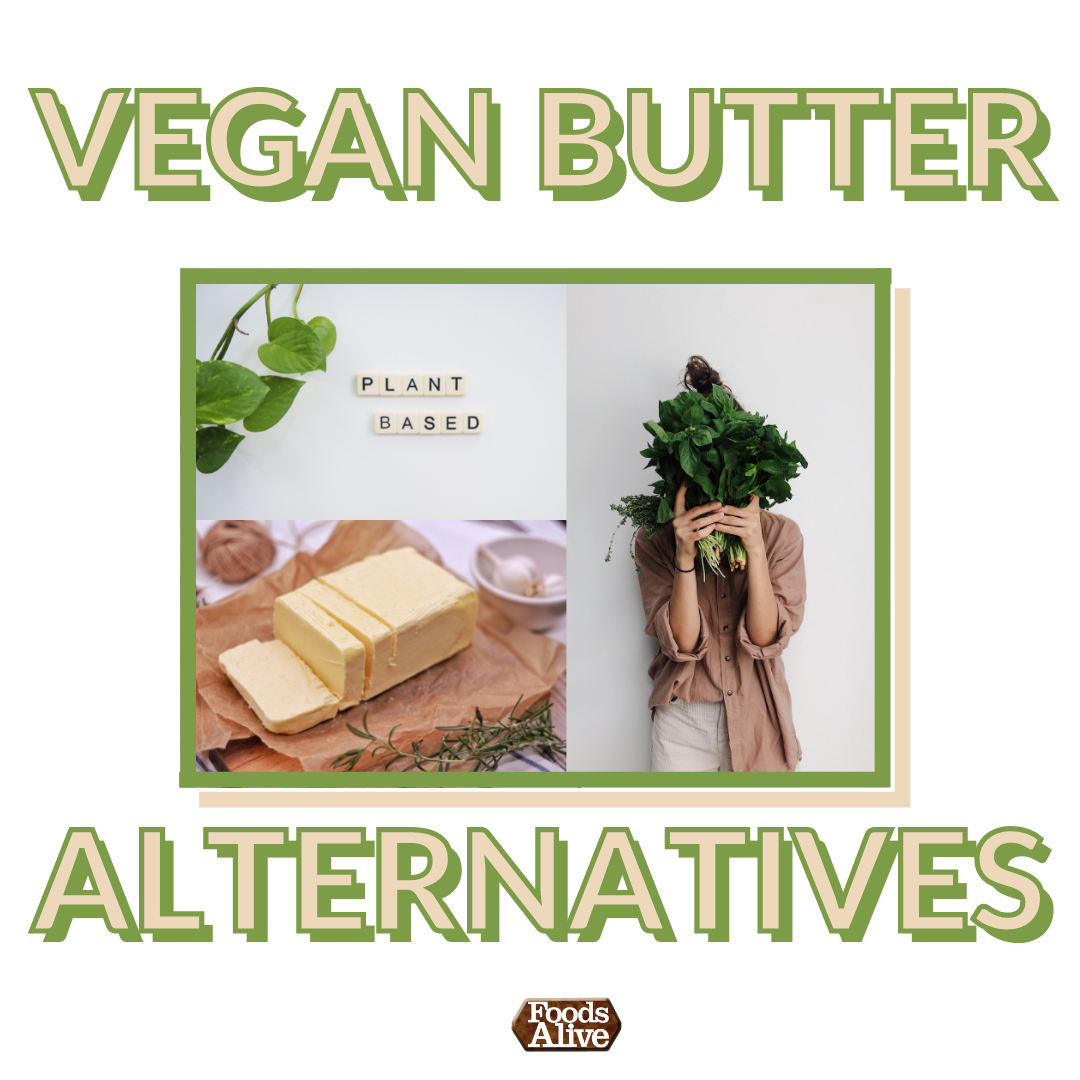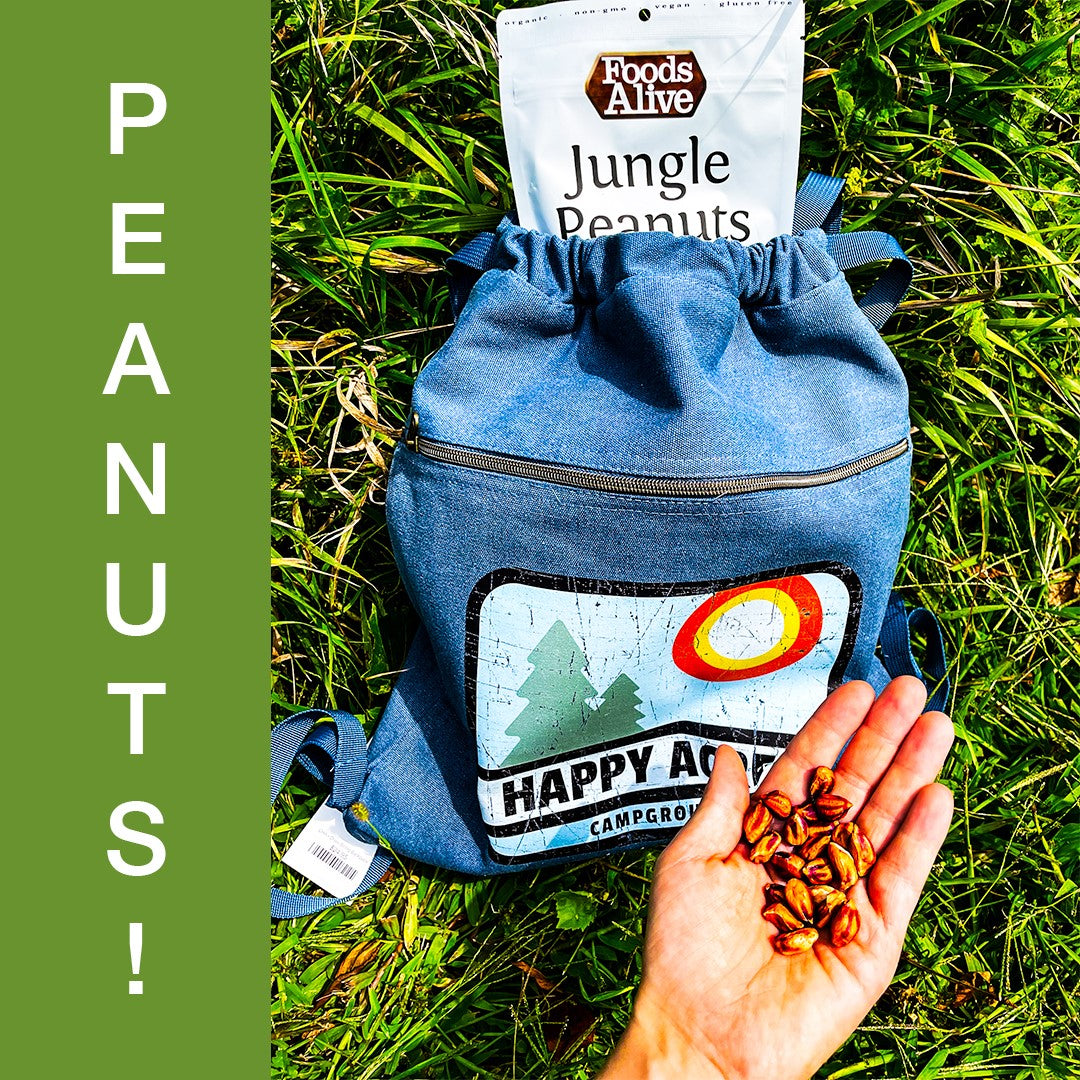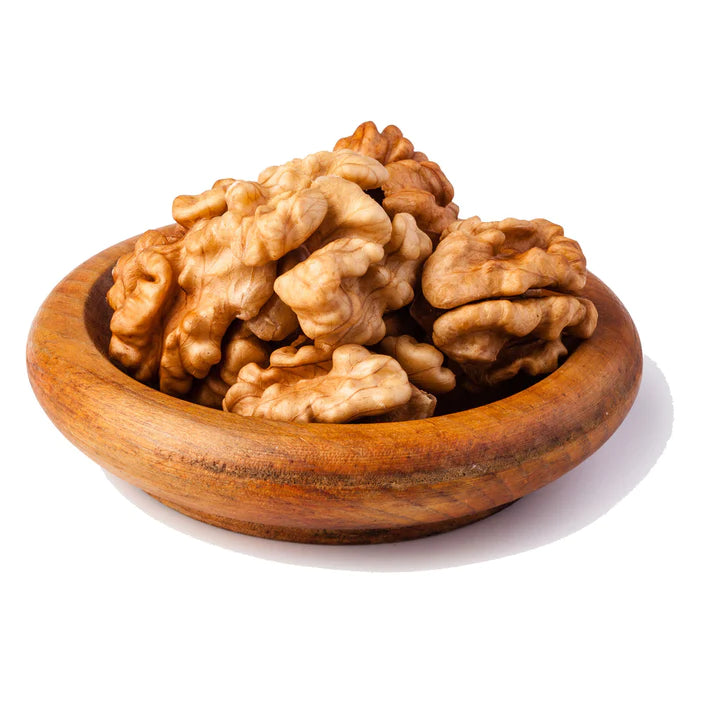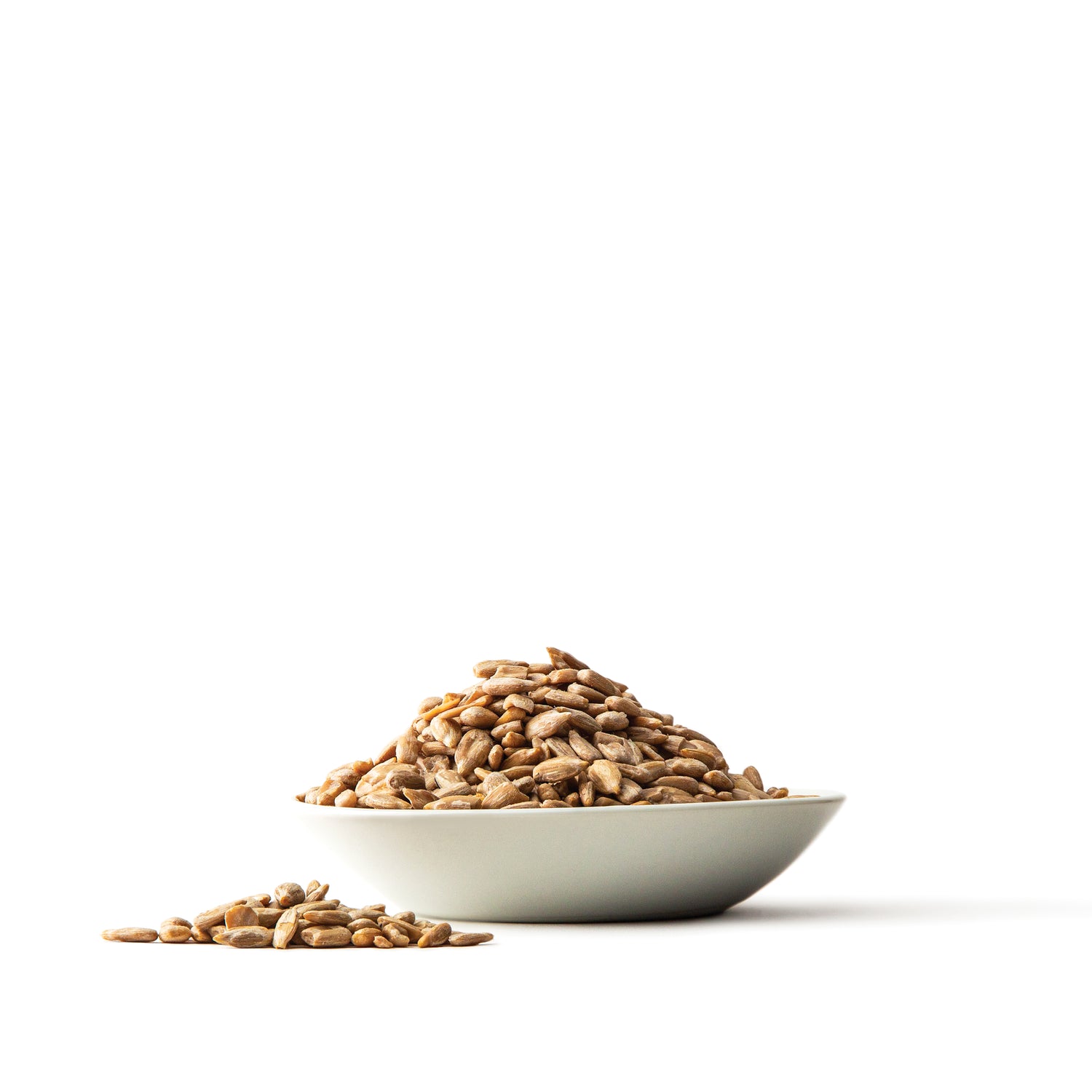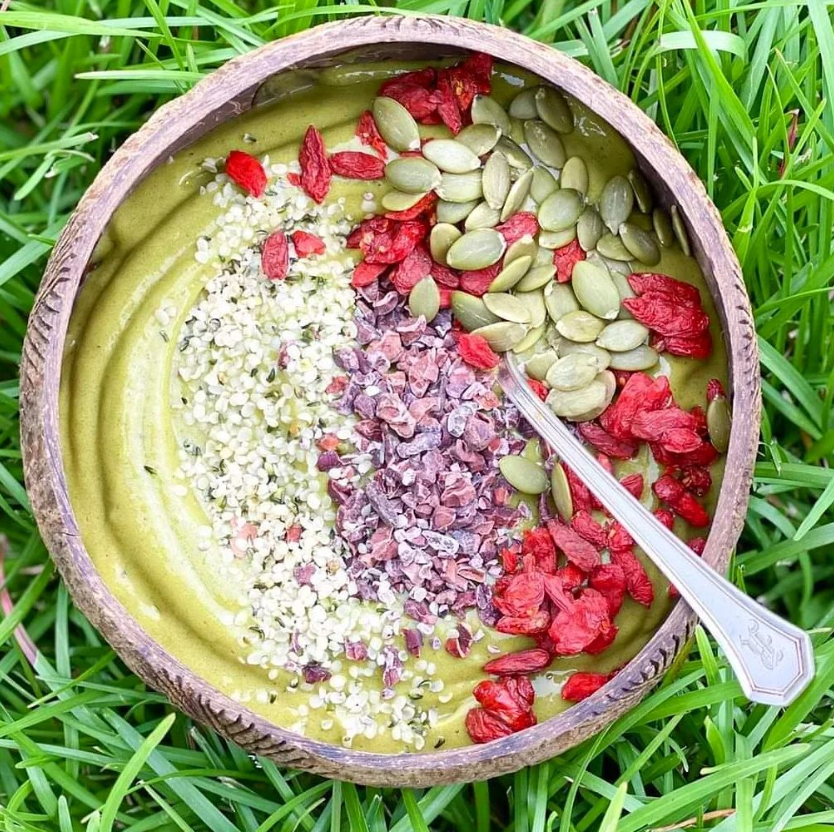One of the most common and versatile dairy products is butter. Whether it be salted, unsalted, Irish, sweet cream, or any other form, butter is everywhere. And if you’re vegan, dairy-free, or even just trying to watch your cholesterol, butter is an enemy to that. Luckily, there are substitutes!
Butter is a form of saturated fat, namely milkfat. It’s called saturated because its molecules are structured in such a way that they remain linked together. This is why butter is solid at room temperature, but liquid when heated. Even after heating, it will become solid again when cooled unless cooked in a specific way to make ghee or brown butter.
Not all butter substitutes are healthy. You can buy dairy-free or vegan butter (not always the same thing) at many grocery stores. However, these are often processed and just as bad as the actual butter. In trying to make it as similar to butter as possible, it may become just as bad if not worse for you.
The healthier vegan substitutes come in the form of oil or unsaturated fat. Oils are also fats, but often they are healthy fats. Take flax or hemp oil for example. These oils contain healthy vitamins and minerals, but above all they have Omega fatty acids. If you know anyone who takes fish oil pills, Omega’s are why. Flax, hemp, and many others are great for getting the good nutrients you need without the harmful effects of saturated fat. You can find the complete list of oils at Foods Alive here!
The only downside is that these oils are not suitable for cooking. The smoke point of these oils is very low, so they should not be heated, and if you do heat them, the good nutrients can break down. Use those oils to be eaten raw or only lightly heated. For cooking, there are other oils you can use. Avocado oil, cold-pressed olive oil, and even peanut oil can be great options for sautéing or pan frying. Olive oil is incredibly versatile, so you can use it in just about any savory dish.
The most similar to butter is probably coconut oil. Coconut oil is solid at room temperature, but melts at just a few degrees warmer than room temp. This makes it great for baking! Be sure to check online for the conversion rate of butter to coconut oil when using it though. Coconut oil is also great for skin and hair care due to its unique melting point!
Whatever butter substitute you decide to use, be sure to snap a picture of your delicious creation and tag Foods Alive! Happy Cooking!


